The Finance Minister said some import-export companies cannot refund VAT because the contracts are invalid and the foreign partners are determined to "not exist".
This fact was explained by Finance Minister Ho Duc Phoc at the National Assembly on the morning of November 2, in response to many opinions from delegates reflecting that VAT refunds are too slow, causing damage to businesses.
According to Mr. Phoc, by the end of October, the tax sector had refunded 92%, resolving 14,857 tax refund applications. There are currently about 534 applications pending, worth over VND9,100 billion.
Explaining the reason for the delay in VAT refunds for exports of certain industries and products such as wood, wood chips, and rubber, Minister Phuc reiterated the conditions and documents for businesses to receive refunds, including VAT invoices and money transfer documents. For import-export companies, the documents must also include export contracts and customs declarations.
In fact, some cases of problems were verified by the tax sector abroad, and the tax authorities of those countries responded that the importing enterprise did not exist. That means the export contract was invalid, so the tax could not be refunded," Mr. Phoc informed.
He also reiterated the lesson in tax management that happened at Thu Duc House Company, which caused many officials of the Ho Chi Minh City Tax Department to get into trouble with the law, so "we must comply with the provisions of the law".
According to the Law on Tax Administration, if refund first, check later, the time is 6 days; if check first, refund later, it is 40 days. The Minister of Finance affirmed that if the inspection and review are in accordance with the Law on Tax Administration, and the final seller is verified, the tax officer does not violate, "we will make the refund immediately".
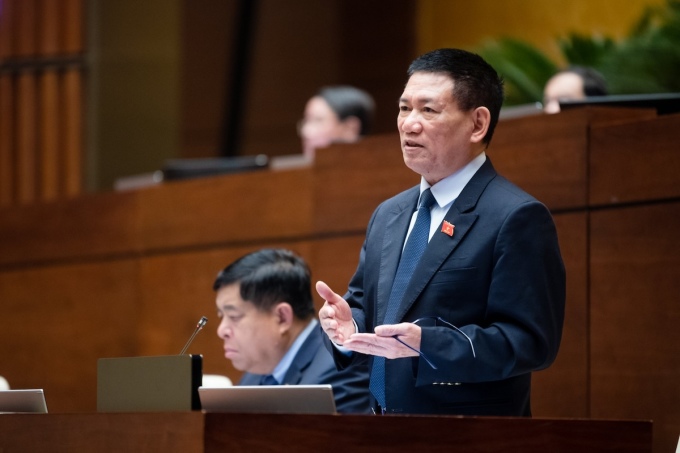
Finance Minister Ho Duc Phoc explains at the National Assembly, November 2. Photo: National Assembly Media
Previously, at the discussion session this morning, Ms. Nguyen Thi Thu Ha, Deputy Head of the Quang Ninh Province delegation, reported the congestion and backlog of VAT refunds, causing businesses and some industry associations such as cassava starch, wood, and rubber to be upset and send a petition to the competent authorities.
For example, with the group of wood products, the General Department of Taxation instructs tax departments to conduct verification through the purchasing and collection stages, which is unnecessary, because according to the Law on Value Added Tax, this tax only arises and is paid from the processing stage with VAT invoices.
"The requirement for verification at many stages is unnecessary, unfounded, and causes difficulties for production and business activities," Ms. Ha commented, and suggested that the Ministry of Finance direct and remove obstacles, and implement refunds first and inspections later with reputable export units.
Also referring to VAT refunds, Mr. Tran Van Lam, Standing Member of the Finance and Budget Committee, commented that the collection process is complicated and takes place in many stages, causing costs for tax refunds, but the budget is not much.
On the other hand, this tax is considered an advanced tax but the revenue is large, the refund is also large every year. For example, in 2022, the VAT revenue is about 190,000 billion VND, the refund is up to 38% of the revenue. Similarly, the refund amount in 2023 and 2024 is expected to be 44% and 43% of the tax revenue, respectively. This is a problem, according to Mr. Lam, the Ministry of Finance and the tax sector need to review and consider.
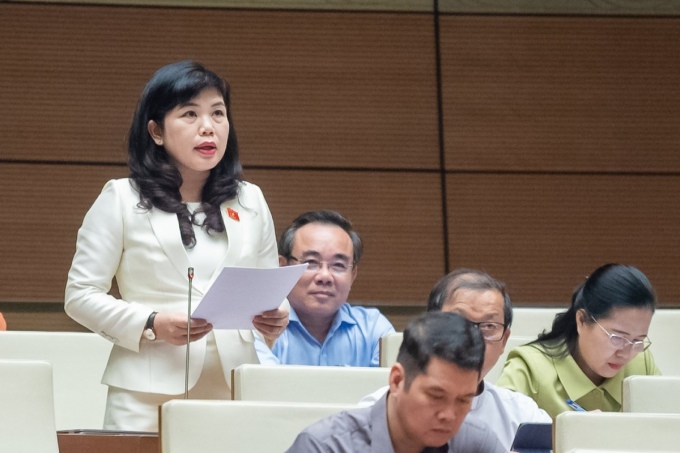
Ms. Nguyen Thi Thu Ha, Deputy Head of the Quang Ninh Provincial Delegation, spoke at the National Assembly discussion on November 2. Photo: National Assembly Media
At the discussion session, some delegates also proposed to extend the 2% VAT reduction period for all goods . Mr. Tran Hoang Ngan said that this would be a solution to stimulate domestic consumption in the context of weak aggregate demand and unrecovered import and export. This tax reduction for all goods would be more effective than excluding the real estate, banking, securities sectors... as it is now.
However, when explaining, Minister Ho Duc Phoc said "if the reduction is too much, it will put pressure on the budget". Therefore, the Government submitted to the National Assembly to extend this fiscal policy and apply it as Resolution 43, which means excluding some areas. The 2024 budget revenue estimate, he said, is also based on excluding two items: 50% reduction in environmental protection tax on gasoline and jet fuel and extending the 2% reduction in VAT until the middle of next year.
Explaining further about fiscal policy, Minister Ho Duc Phoc said the Government implemented an expansionary fiscal policy. That is, a fiscal deficit, tax reduction but still increased budget spending.
By the end of October, the 2023 budget revenue reached 85% of the plan, or nearly 1.37 million billion VND. In response to the opinion that the budget revenue mainly comes from land, Mr. Phoc explained that domestic revenue from production and business is the main contributor to the budget revenue, over 80%. Meanwhile, revenue from land and crude oil accounts for a small proportion.
"Taxes have been reduced, but how can we get money to maintain fiscal balance and put 347,000 billion VND into the economy according to Resolution 43?" he said.
According to updated data from the Government, public investment disbursement by the end of October reached 57% of the capital plan assigned by the Prime Minister. The Minister of Finance explained that the low capital disbursement rate while the economy is thirsty for capital is due to legal regulations, such as the Law on Public Investment.
He further analyzed that currently, to adjust the list of projects, capital from one project to another must be consulted with the National Assembly. To establish a project, money must be available and included in the public investment plan. Therefore, many key projects, such as Long Thanh airport, are urgently needed but have not yet been allocated capital because the project needs money to be approved.
"The Law on Public Investment needs to open up, diversify capital sources, balance the fiscal budget, and amend procedural regulations. If this law is not amended, we will continue to discuss public investment disbursement," Minister Phuc concluded. According to him, when amending the Budget Law, the Ministry of Finance will consider adding content on regular expenditures and investment expenditures to remove obstacles in public capital disbursement.
Source link




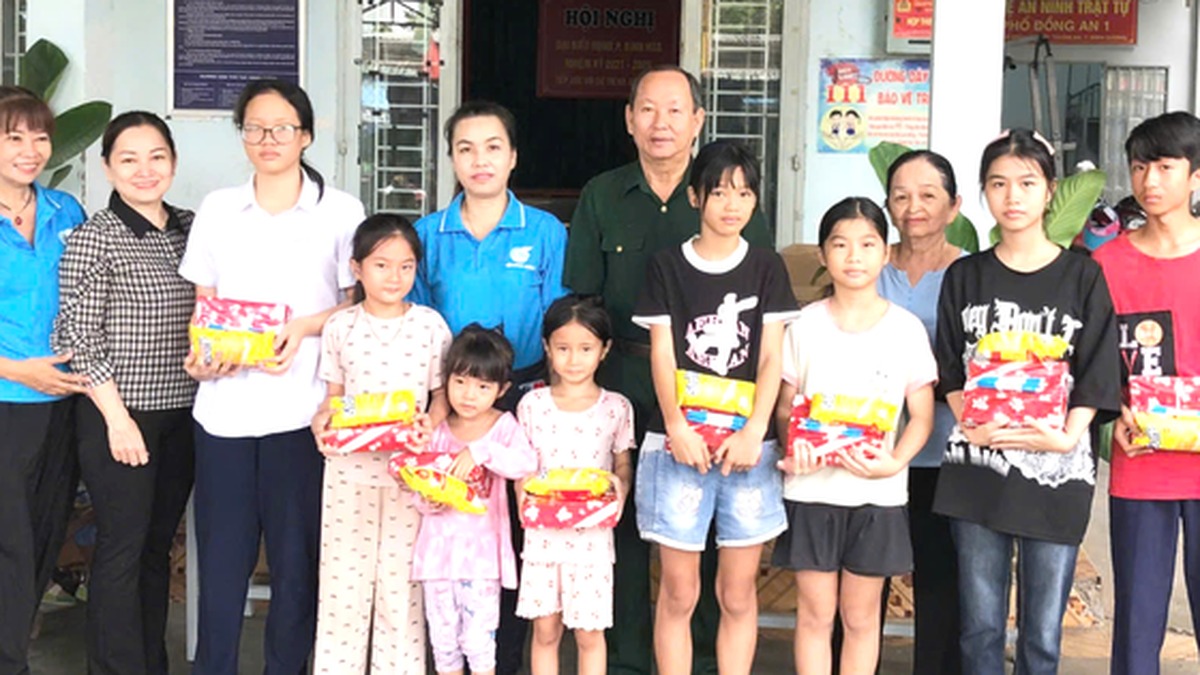

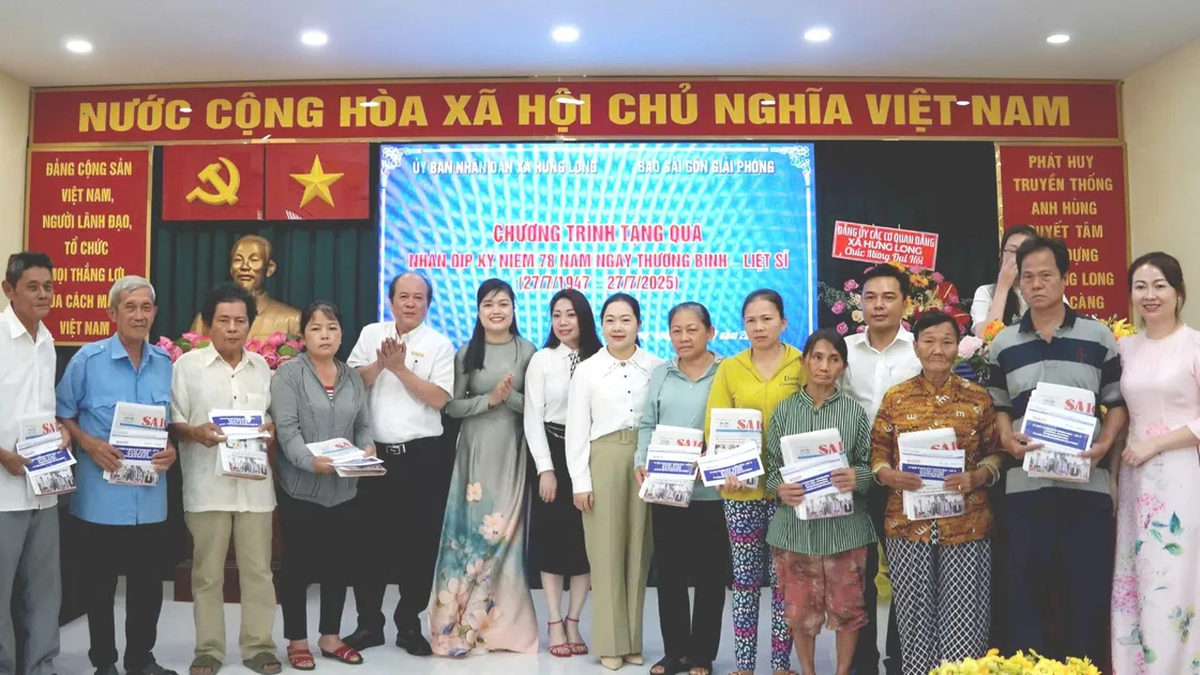

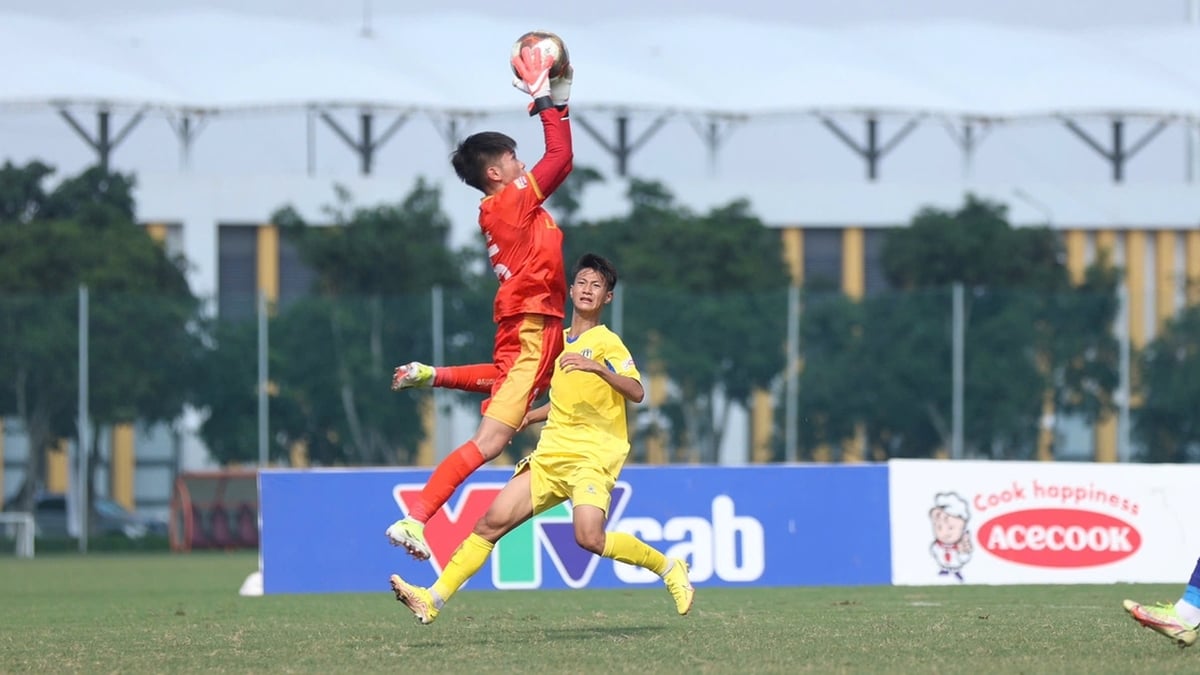
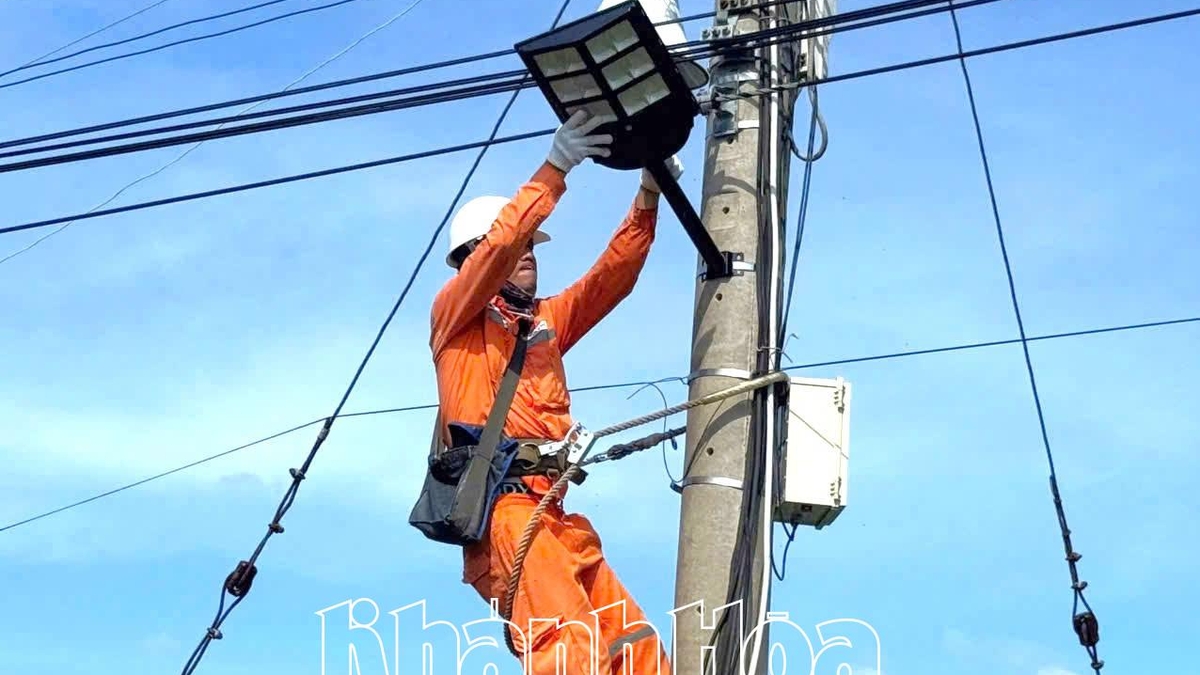
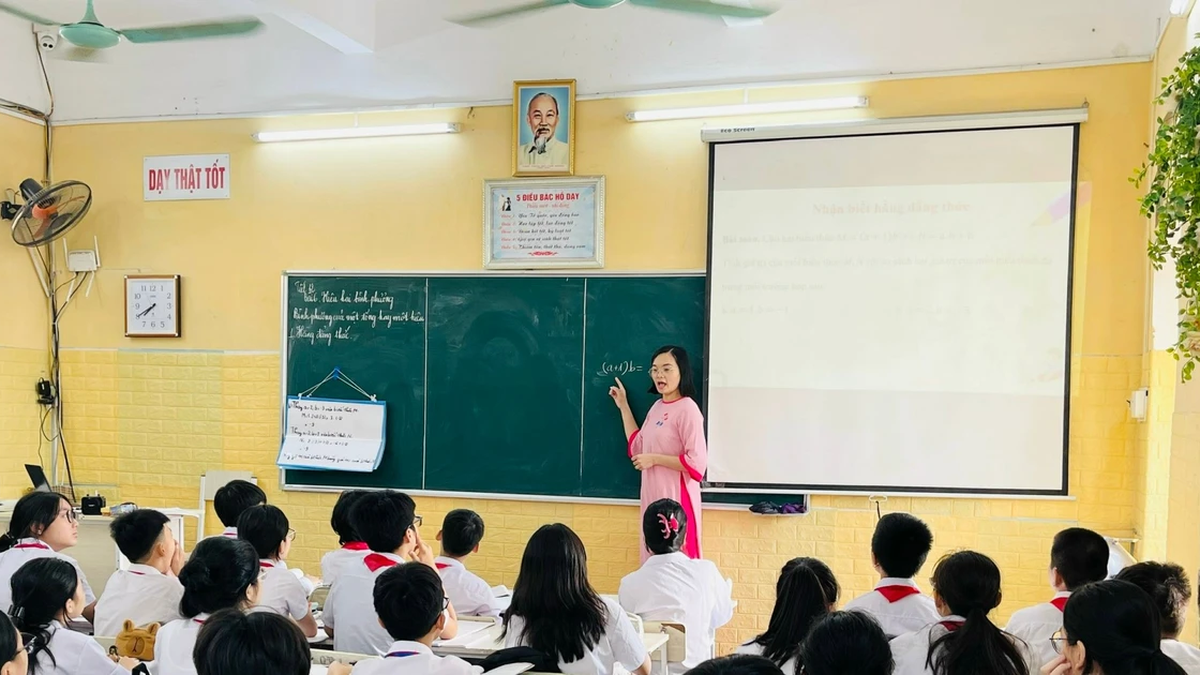
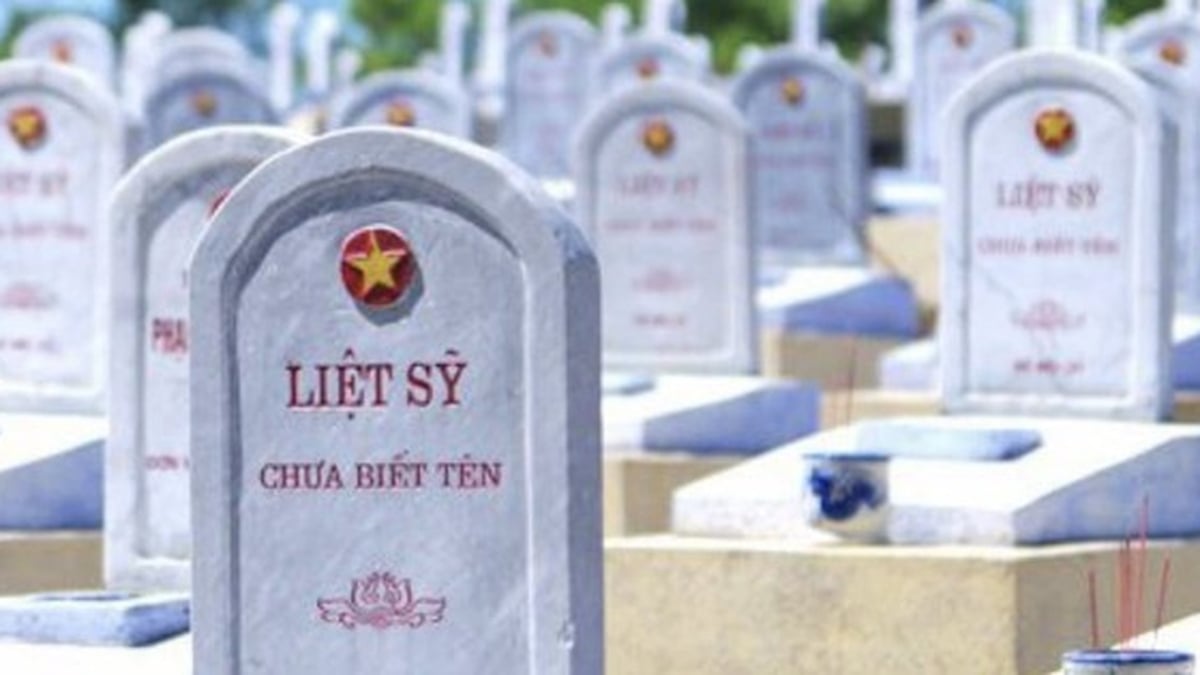


















![[Photo] National Assembly Chairman attends the seminar "Building and operating an international financial center and recommendations for Vietnam"](https://vphoto.vietnam.vn/thumb/1200x675/vietnam/resource/IMAGE/2025/7/28/76393436936e457db31ec84433289f72)






































































Comment (0)